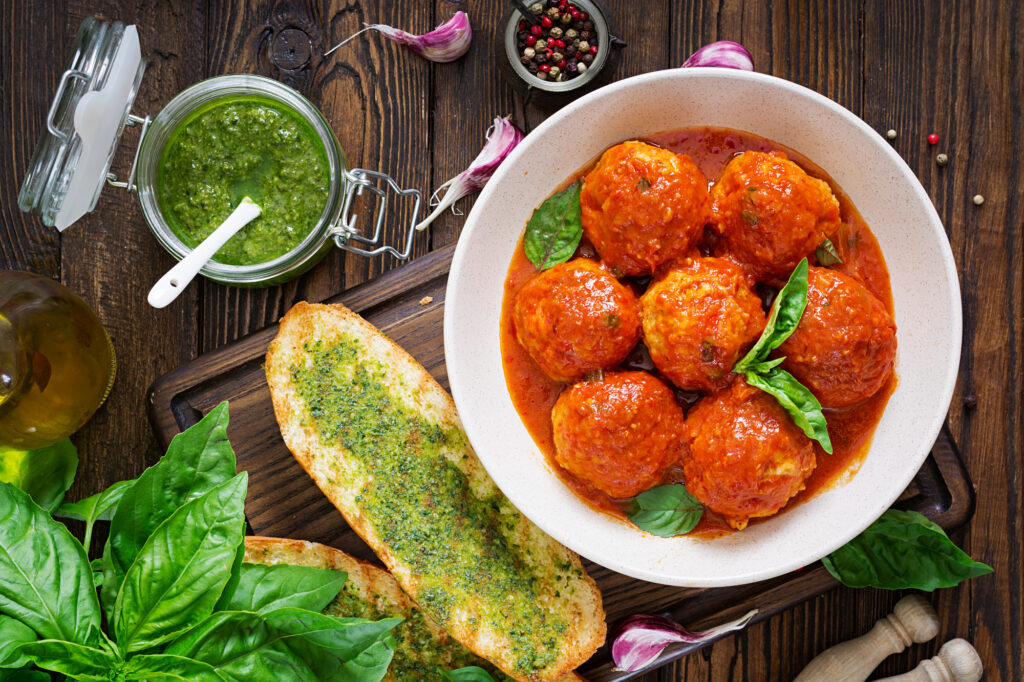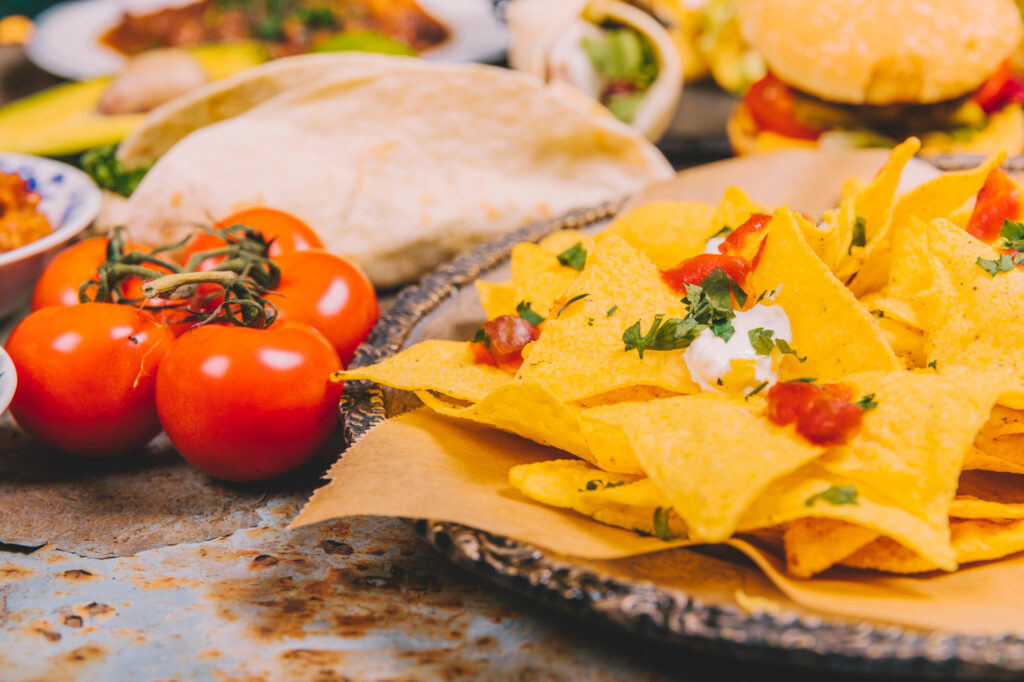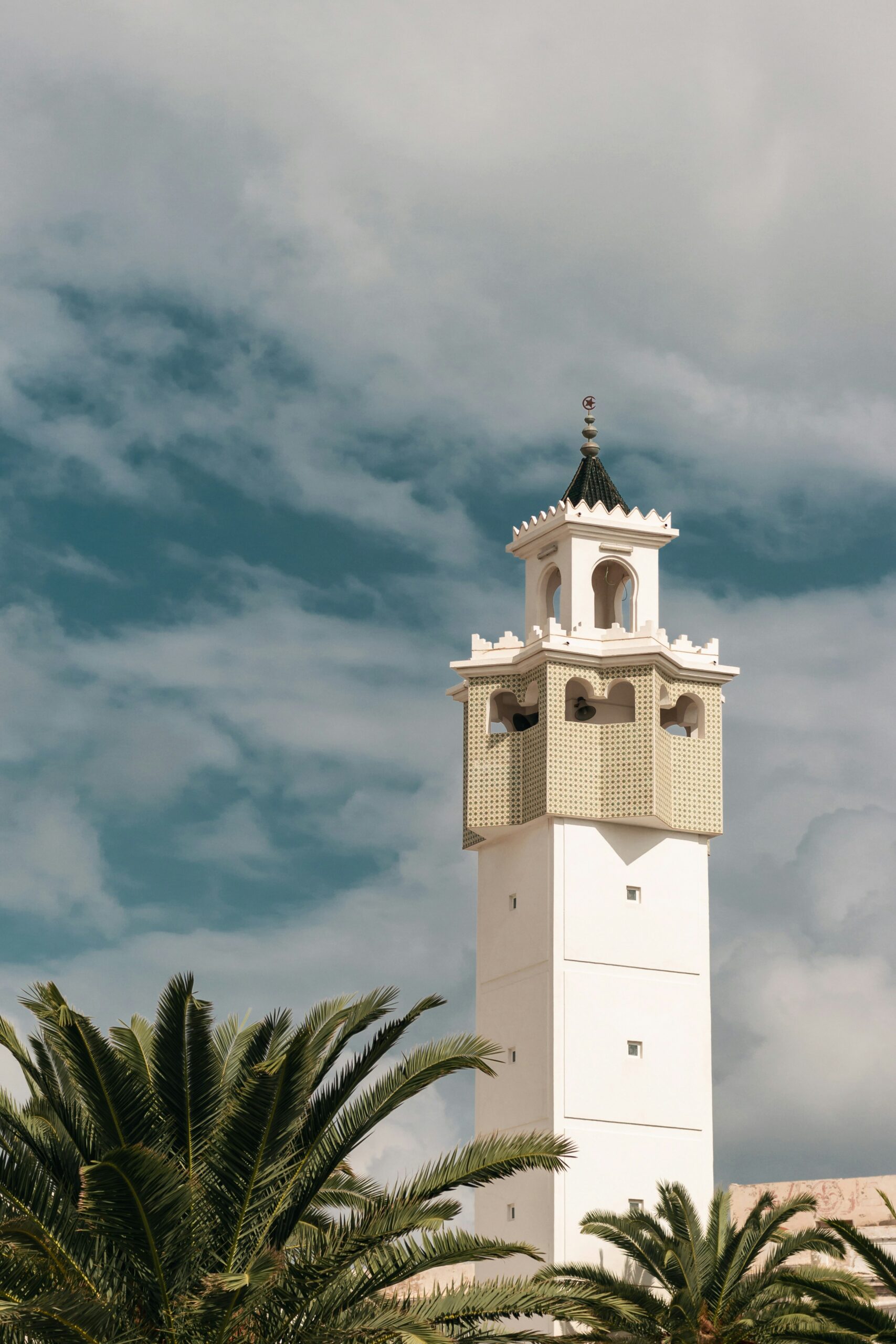History
Bahrain has a rich history dating back to the ancient Dilmun civilization, which flourished in the 3rd millennium BCE and was known for its maritime trade. The region was later influenced by various civilizations, including the Babylonians, Persians, and Greeks, who left their mark on the area’s culture and traditions. In the 7th century CE, Islam spread to Bahrain, and the country became part of the Islamic caliphates.
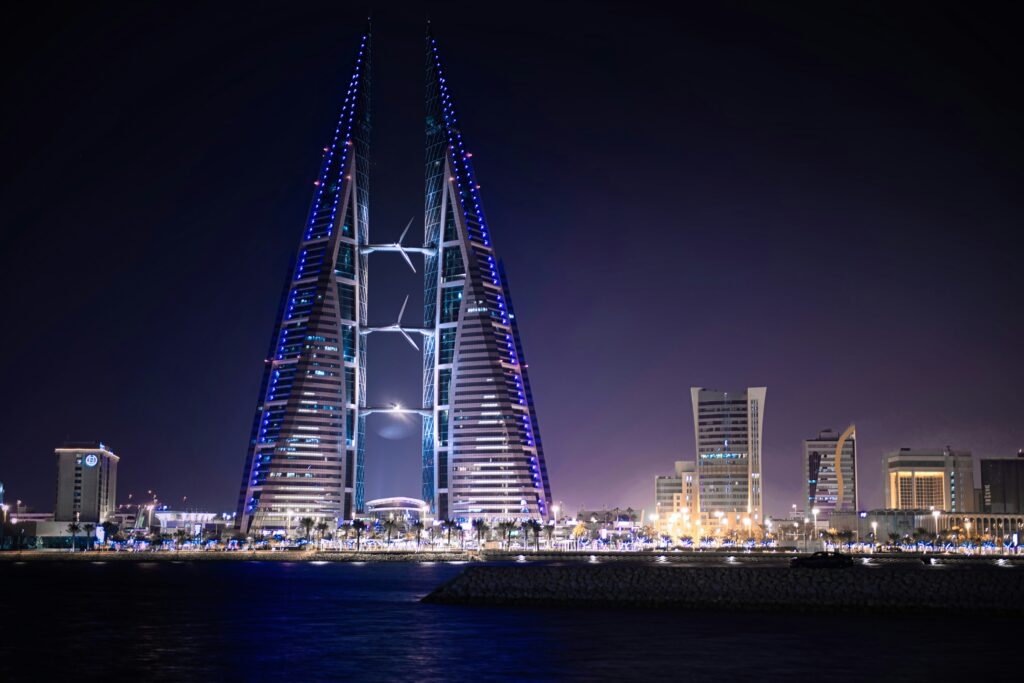
In the 16th century, the Portuguese established a presence in Bahrain, but they were eventually expelled by the Persians. In the 18th century, the Al Khalifa family took control of Bahrain, and the country became a center for pearl diving and trading, which formed the backbone of its economy for centuries. In the 20th century, the discovery of oil and natural gas reserves transformed Bahrain’s economy, leading to rapid development and modernization.
Tourism Places
Bahrain offers a blend of historic sites, modern attractions, and natural beauty for tourists to
explore
- Tree of Life
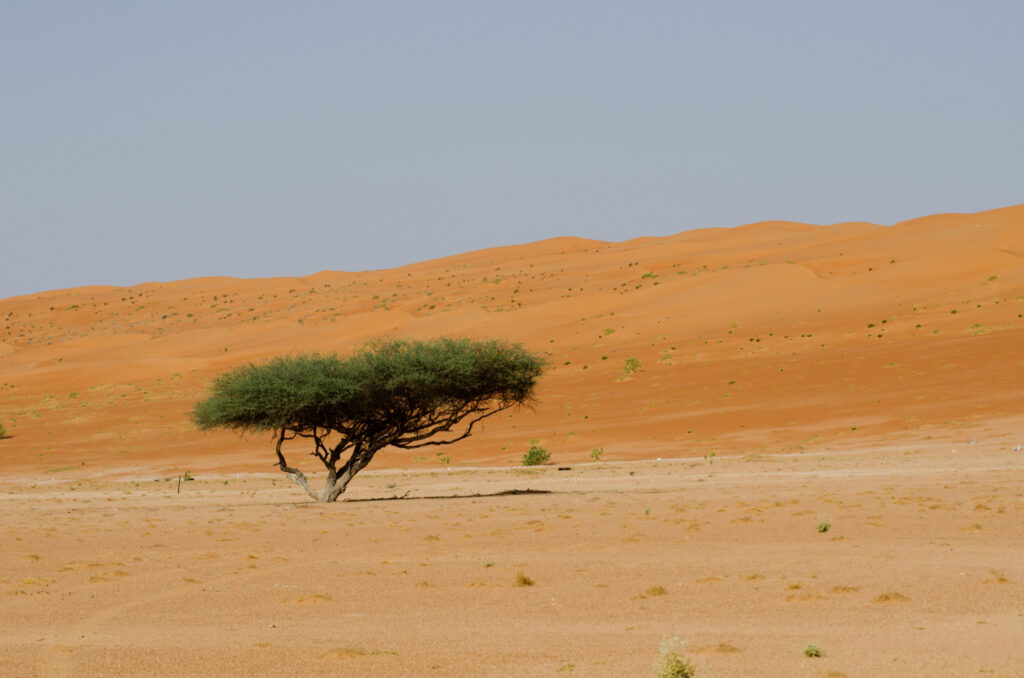
A 400-year-old mesquite tree standing alone in the desert, a natural wonder and
popular tourist attraction.
- Bahrain World Trade Center
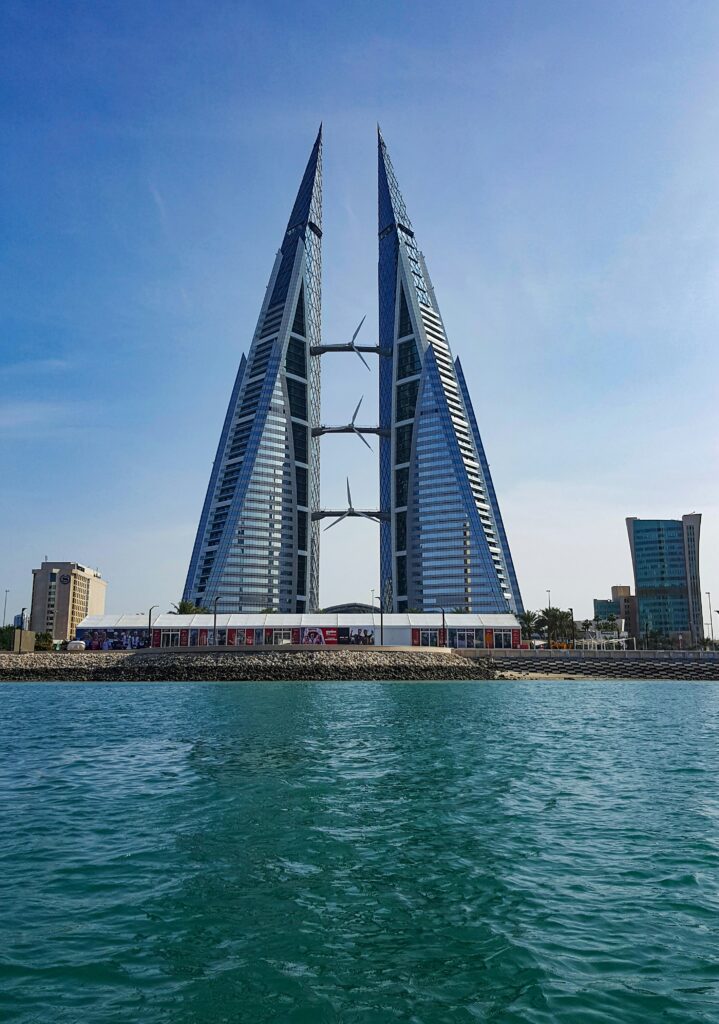
Known for its iconic sail-shaped twin towers, the Bahrain World
Trade Center is a modern architectural landmark. It houses offices, shopping facilities, and
restaurants.
- Manama Souq
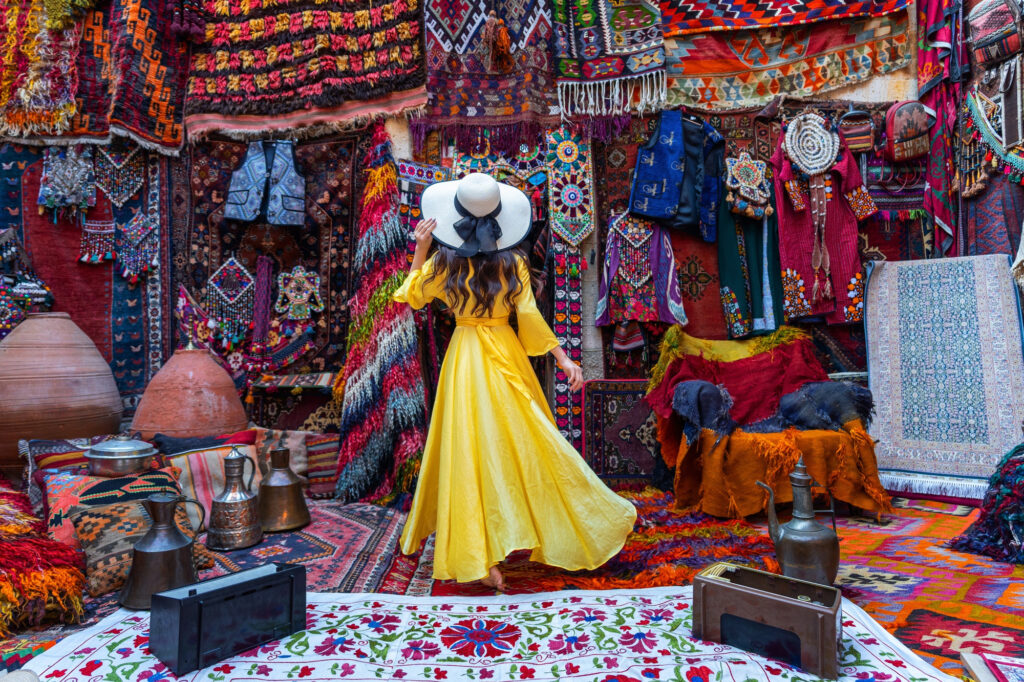
A traditional marketplace selling spices, textiles, and handicrafts
- Bahrain Fort
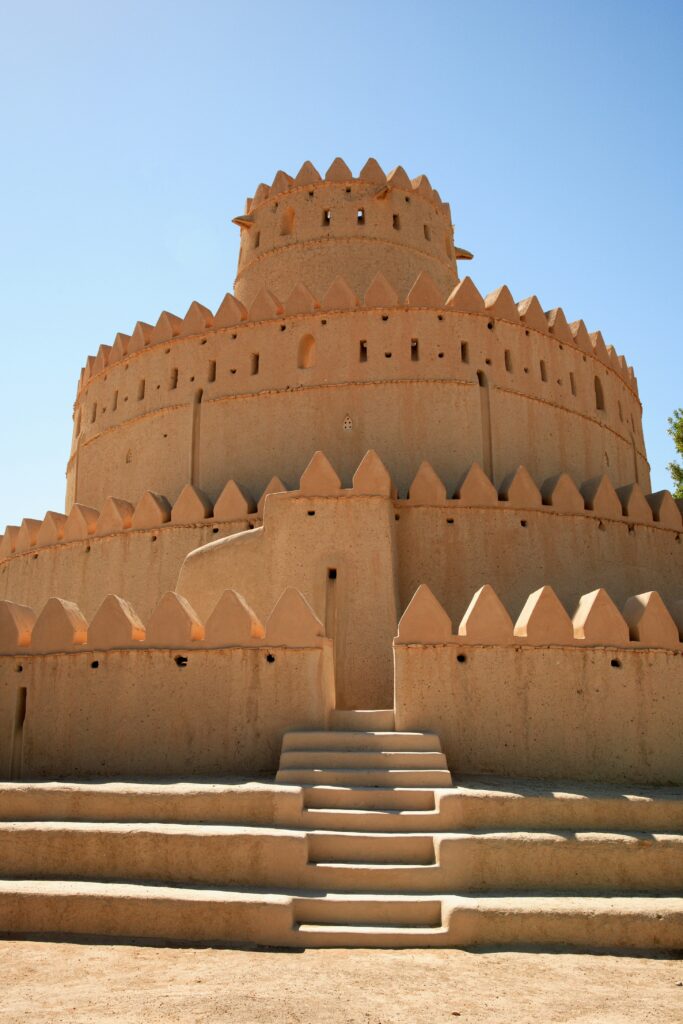
Located near Muharraq, this historic fort dates back to the 15th century and offers
insights into Bahrain’s defensive architecture.
- The Lost Paradise of Dilmun Water Park
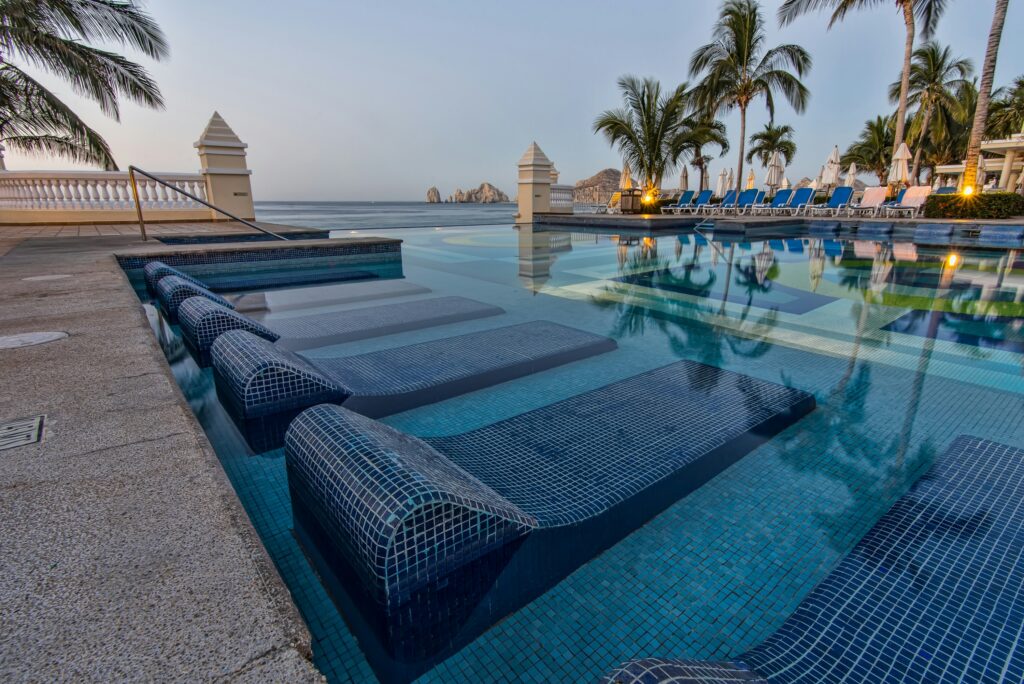
Perfect for families and thrill-seekers, this water park
features slides, pools, and attractions set amidst lush gardens.
- Qal’at al-Bahrain
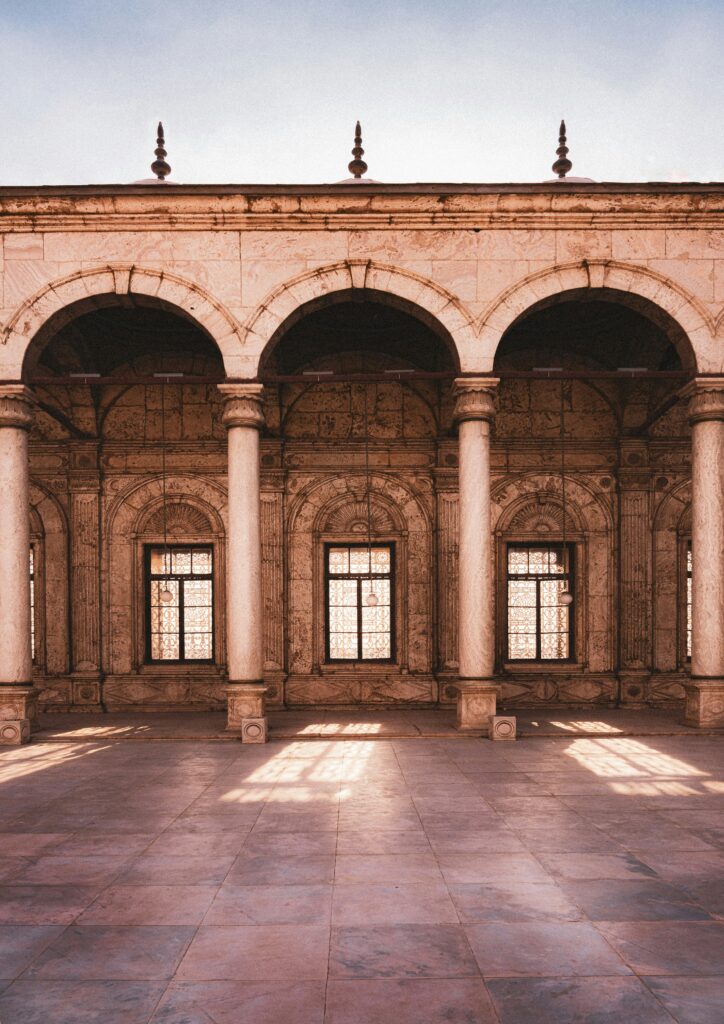
A UNESCO World Heritage Site and the remains of a ancient harbor town and capital of the Dilmun civilization.
Culture
Bahrain’s culture is a rich tapestry woven from Arab, Persian, and Portuguese influences,
reflecting the country’s strategic location and diverse history. Arabic is the official language, and traditional dress, such as the thobe (ankle-length robe) for men and the abaya (long black cloak) for women, is widely worn. Bahrain has a vibrant cultural scene, with traditional arts and crafts like pottery, weaving, and metalwork still practiced alongside contemporary art forms. Cultural events like the Bahrain Summer Festival and the Bahrain International Music Festival celebrate the country’s diverse cultural heritage, showcasing music, dance, and art from around the world. Bahrainis are known for their hospitality and warmth, often welcoming visitors with traditional dishes and coffee, reflecting the country’s deep-rooted cultural values.

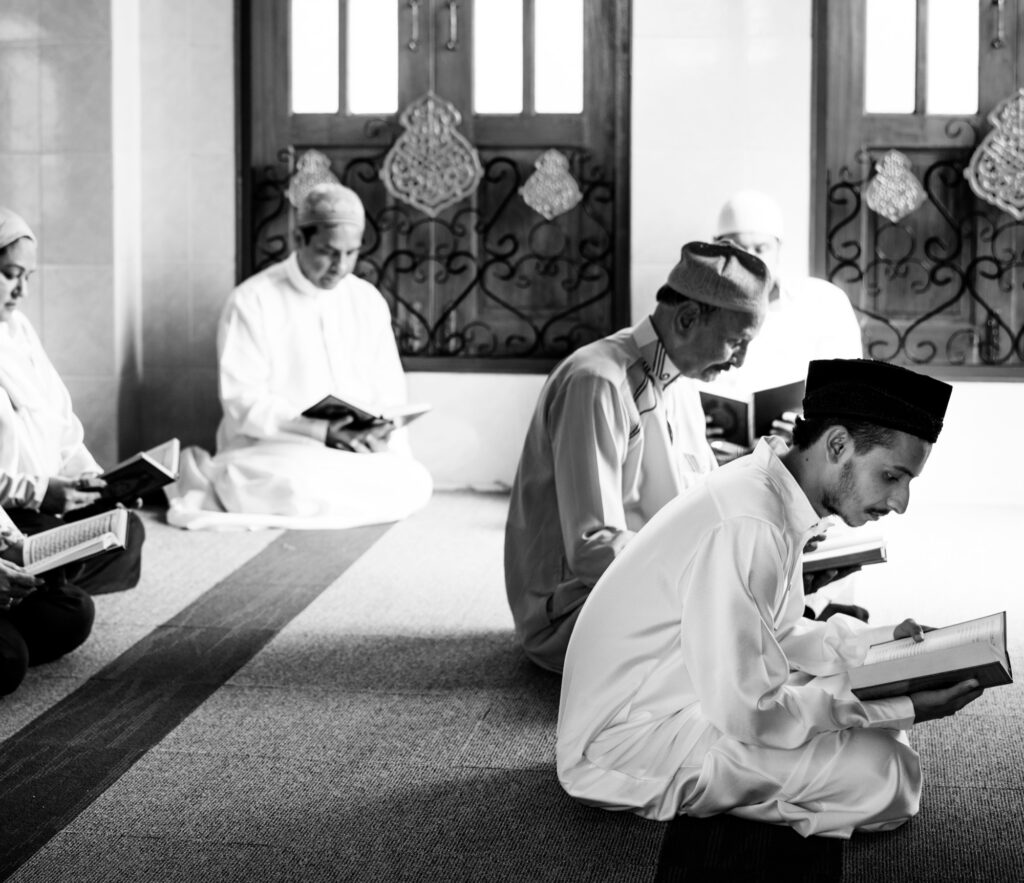
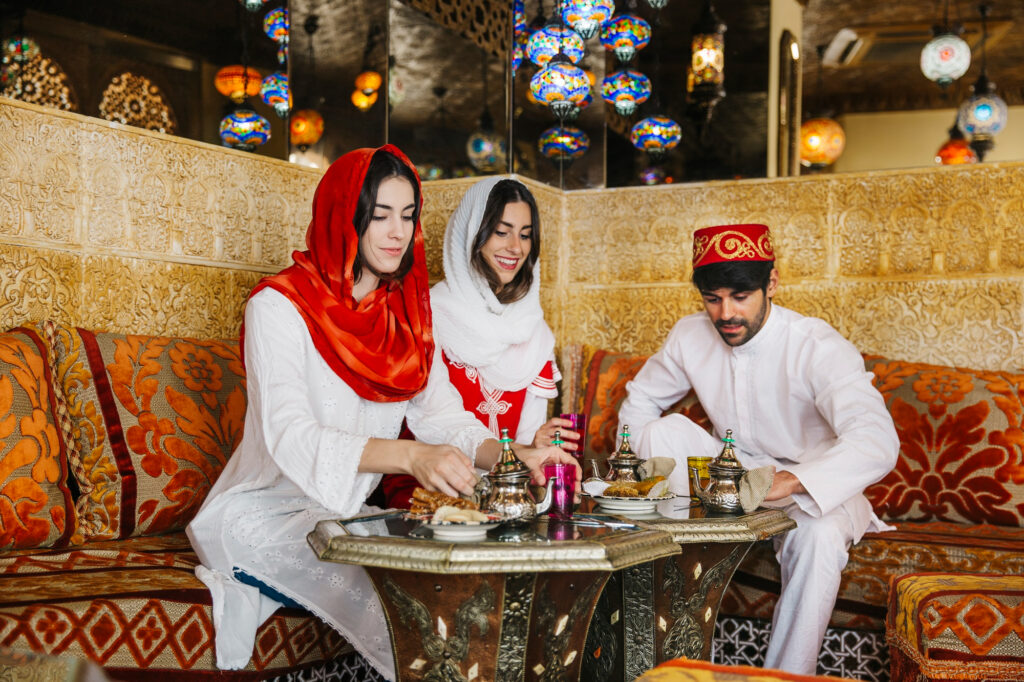
Cuisine
Bahraini cuisine is a delicious fusion of Arab and Persian flavors, reflecting the country’s diverse
cultural influences. Muhammar, a sweet rice dish flavored with saffron and rose water, is a beloved local
delicacy. Machboos, a spiced rice dish with meat or seafood, is a staple. Qoozi, a slow-cooked lamb stew,
is another popular dish, often served during celebrations and gatherings. Bahrain’s location in the Persian
Gulf means fresh seafood features prominently, with dishes like shuae, grilled shrimp, and sayadia, fish in
a spicy tomato sauce, being local favorites. Bahraini cuisine also offers a variety of sweet treats like
luqaimat, deep-fried dumplings drizzled with date syrup, and halwa, a sweet gelatinous dessert made with saffron, rose water, and nuts.
